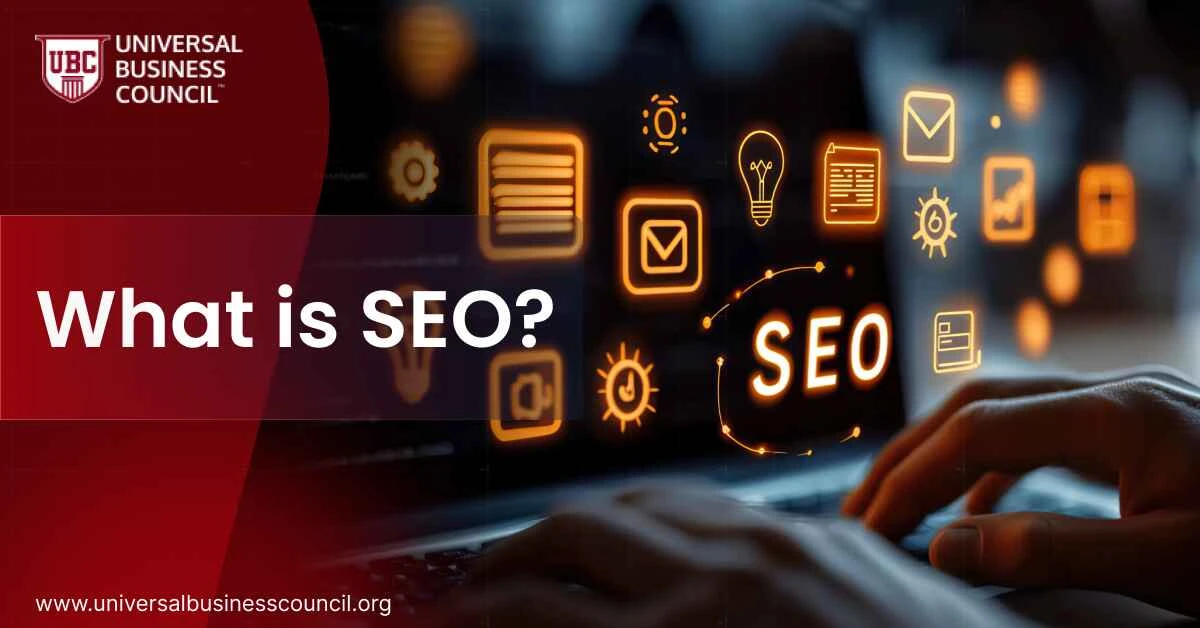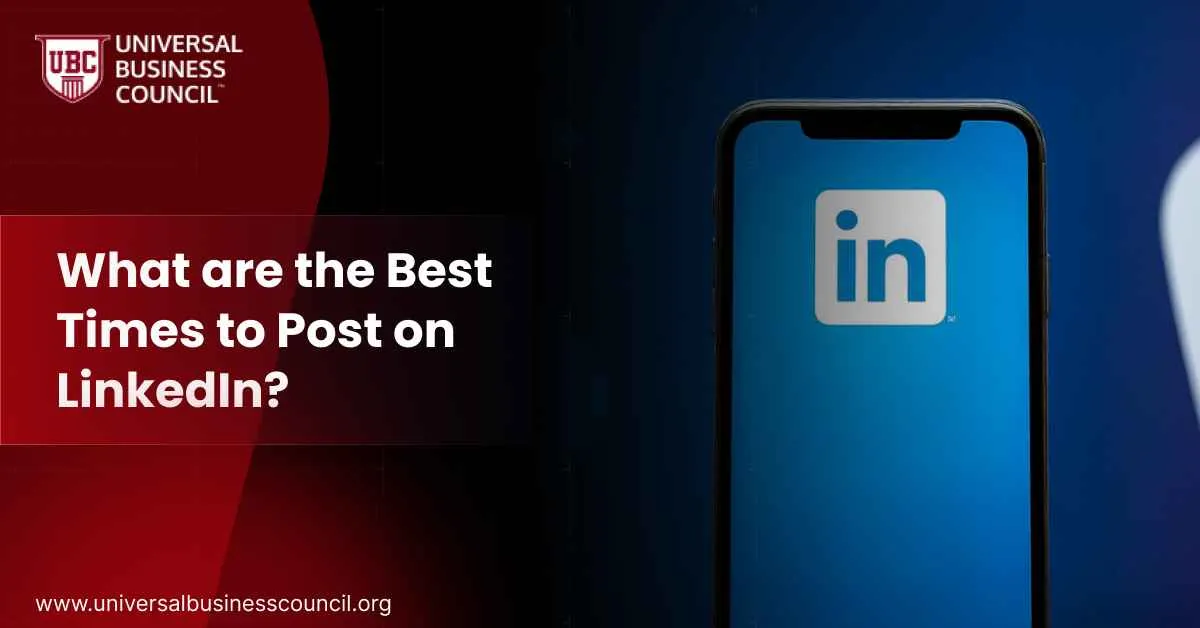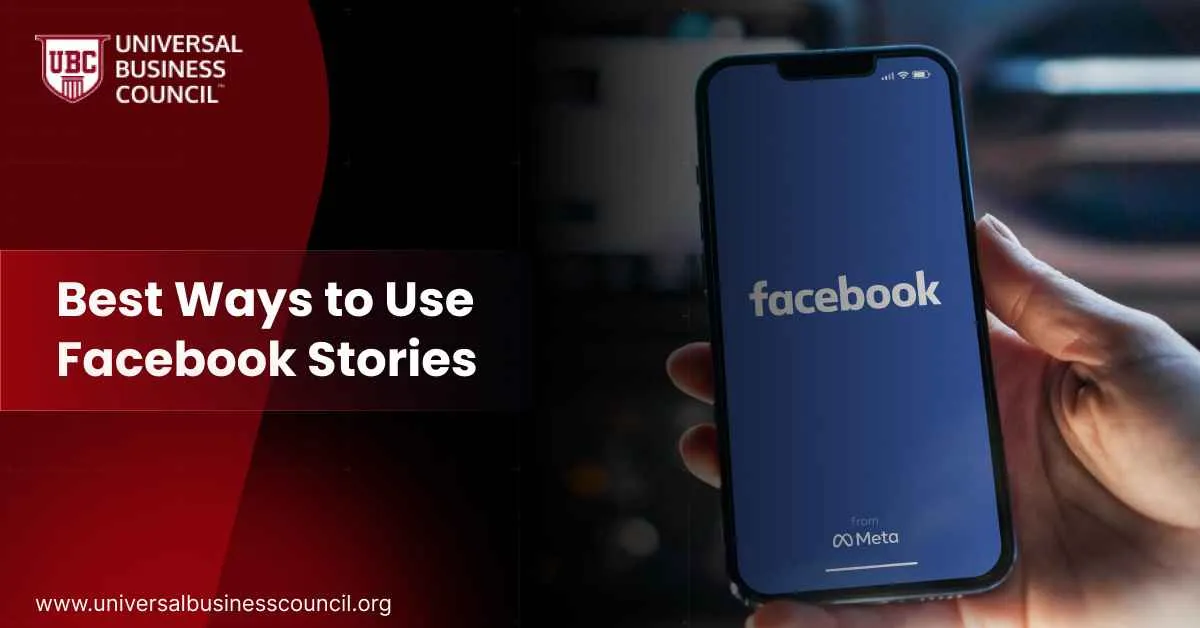 The fight to rank your content on search engines like Google, Bing, etc. is decades old. Do you know the secret sauce behind ranking high on search engines? The answer is, SEO. Now what is SEO? Why is it so important? Why should you even care? Read ahead to find the answers!
The fight to rank your content on search engines like Google, Bing, etc. is decades old. Do you know the secret sauce behind ranking high on search engines? The answer is, SEO. Now what is SEO? Why is it so important? Why should you even care? Read ahead to find the answers!
What is SEO?
SEO, or Search Engine Optimization, is a strategy used to improve a website’s visibility and ranking in search engine results. Essentially, it involves making your website more attractive and easy for search engines like Google to understand and present in search results, which can increase your site’s visibility to those looking for your content, products, or services.
Knowing the fundamentals of SEO is important to start your journey and land a job in this field. The
Certified SEO Expert certification can certainly help you out with this.
SEO VS SEM
| SEO (Search Engine Optimization) |
SEM (Search Engine Marketing) |
| Focuses on improving website visibility and traffic through organic search results. |
Encompasses SEO techniques and also uses paid advertising to enhance visibility and traffic. |
| Costs are indirect; involves time and resources in optimizing content and building authority. |
Costs are direct; involves spending on PPC (Pay-Per-Click) ads and managing ad spend. |
| Results are slower, can take months to see significant traffic improvements. |
Can deliver immediate results as ads start to run and gain visibility. |
| Benefits are long-term; once rankings are achieved, they can bring continuous traffic. |
Benefits are short-term; traffic persists only as long as ads are running. |
| Ideal for building credibility and organic audience engagement. |
Effective for quick visibility, testing new markets, and driving traffic during campaigns. |
Why is SEO Important?
Search Engine Optimization (SEO) is vital because it helps your website appear higher in search engine results, which can lead to more traffic and potential customers. Google accounts for over 92% of the global search engine market. This emphasizes the need for optimizing SEO strategies around Google’s algorithms to maximize visibility. Here are some reasons you can’t ignore SEO:
- When your website ranks higher in search results, it’s more likely to be visited by users. SEO involves using keywords and creating quality content that aligns with what people are searching for, so your site can appear higher on search results pages. Websites appearing on the first Google search results page capture nearly 28% of the clicks, with the top 5 results accounting for about 70% of all clicks on that page.
- Higher rankings typically lead to more traffic. About 53% of website traffic comes from organic search. Since SEO helps you rank higher and attract more clicks, this can increase the number of visitors to your site.
- SEO involves improving the usability of your website, ensuring it’s mobile-friendly, loads quickly, and is easy to navigate. With over 55% of all web traffic coming from mobile devices, mobile-friendliness has become a critical ranking factor in SEO. It creates a better experience for users, which can also influence your rankings positively.
- Companies that prioritize SEO are more likely to see a positive return on investment. Marketers who focus on blogging, a key SEO strategy, are 13 times more likely to achieve a positive ROI.
- SEO can help your website build authority. Sites that are perceived as higher quality and reliable gain authority over time, and SEO strategies like link building and creating high-quality content help establish this authority.
- Ultimately, SEO is a powerful tool for growth. It helps you attract more visitors without paying for each click, unlike paid advertising. Over time, if you maintain a strong SEO strategy, your site will continue to attract visitors organically, which helps your business grow sustainably.
Types of SEO
Here are the three main types of SEO you should know about:
- On-Page SEO: This type of SEO focuses on the content that is directly on your website pages. It involves optimizing the text, images, and other media you use. Key elements include title tags, headings, and meta descriptions. The goal is to ensure that your content is engaging, well-organized, and uses keywords effectively to improve your site’s relevance and ranking for specific queries. Its goal is to create high-quality content that’s structured well for both users and search engine bots
- Off-Page SEO: This type is all about strengthening the influence and relationship your website has with other websites. It includes strategies like building backlinks from other reputable sites which boost your site’s authority and credibility. Engaging in social media marketing and guest blogging can also enhance your off-page SEO by increasing your online presence and helping to drive traffic back to your site.
- Technical SEO: This one focuses on the backend structure of your website. It aims to improve the site’s readability by search engines and provide a good user experience. It helps search engines see your site as high-quality and reliable. Elements such as site speed, mobile-friendliness, indexing, site architecture, and security are key components of technical SEO. Ensuring your website loads quickly and is easy to navigate can significantly boost your SEO rankings.
How Do Search Engines Work?
To understand how SEO works, it’s crucial to know how search engines work. Here’s a basic understanding of how search engines like Google work:
Search engines use programs known as crawlers or spiders to discover publicly available web pages. Crawlers look at web pages and follow links on those pages, much like you would if you were browsing content on the web. They go from link to link and bring data about those webpages back to the search engine’s servers.
After a page is crawled, the content is indexed. Think of this as the search engine creating a big library of all the content it has found. When content is indexed, it’s stored in a massive database from where it can be retrieved. Essentially, the search engine organizes the content found during the crawling process so it can quickly be pulled up when needed.
When you type a query into a search engine, it processes it by comparing your search terms with the pages indexed in the database.
The search engine then ranks the retrieved documents by relevance. It uses various algorithms to determine which pages should be shown first. It depends on numerous factors like how many other websites link to each page, the relevance of the content to your query, how fresh the content is, and the user’s location.
Finally, the search engine displays the results to you. The pages that are considered most relevant to your query come first.
Types of Search Intents
Understanding the four main types of search intent can help you optimize your website content to better meet the needs of your audience and improve your search engine rankings. Here’s an explanation of each type:
- Informational Intent: This type of search is when users are looking for information or answers to questions. They might use keywords like “how to make a cake” or “what is AI.” Users with informational intent are typically in the learning phase and are not necessarily looking to make a purchase immediately.
- Navigational Intent: This intent involves users who already know which website or brand they want to visit and use the search engine to get there. Examples include searching for “Instagram login” or “Amazon home page.” It’s particularly important for brands to rank well for their own name as users with navigational intent have a specific destination in mind.
- Transactional Intent: Here, users are ready to buy or engage in a specific transaction. They may use terms like “buy iPhone 15” or “best deals on Samsung phones.” Transactional intent is directly linked to conversions, and optimizing for these keywords involves ensuring your product and checkout pages are easy to navigate.
- Commercial Intent: Often considered a subset of transactional intent, commercial intent involves users who are in the decision phase of purchasing but might still be comparing products or looking for the best option. Keywords could include “best AI crypto trading bots” or “Samsung Vs. Apple phone” Users with this intent are looking for content that helps them make a buying decision, like comparisons or detailed product reviews.
How to Get Started with SEO?
You know what SEO is and why it is so important. So, how do you get started with it?
Follow the steps below:
- Keyword Research: Start by finding the words and phrases that potential customers use to search for your products or services online. Tools like Google’s Keyword Planner and Semrush can help you discover these terms.
- Content Creation: Using your keywords, create high-quality content that answers the needs of those searching for those terms. Make sure to understand the intent of the keyword. The content should be engaging, informative, and provide value to the reader (aka adhering to Google’s E-E-A-T standards).
- On-Page Optimization: Ensure that your website and its content are optimized for search engines. This includes using keywords in your page titles, headers, meta descriptions, and throughout your content in a natural way. Make sure each page has a unique and descriptive title and description.
- Technical SEO: Make sure your website is structured in a way that search engines can easily understand. This can involve creating a sitemap, using robots.txt to control crawler access. Keep an eye on your website to be mobile-friendly, and improve page load speeds.
- Link Building: Acquire links from other reputable websites to your own. Search engines view these links as a sign of trust and authority, which can boost your ranking.
- Performance Monitoring: Use tools like Google Analytics and Google Search Console to track how your site performs in search results. Look at metrics like your site’s organic traffic and the rankings for your targeted keywords to gauge your SEO success.
- Continuous Learning and Updating: SEO is always changing as search engines refine their algorithms. Keep up with SEO news and adjust your strategies accordingly.
How Does AI-Generated Content Affect SEO?
Google’s approach to SEO is increasingly about the quality of content rather than how it is produced. Whether content is crafted by humans or AI, what matters most is its ability to offer genuine value, demonstrating expertise, authoritativeness, and trustworthiness. Content that fulfills these criteria is likely to perform better in search results.
After the March 2024 core update, it is clear that Google emphasizes the creation of people-first content that addresses the needs and questions of users. Even if AI helps create content, it should not just aim to manipulate search rankings. Instead, the focus should be on producing informative and valuable content that enhances user experience.
Here’s how to ensure proper SEO if you are using AI-generated content:
- AI should not be used primarily to boost search rankings or to generate large volumes of low-quality content. Instead, it should assist in creating high-quality content that’s factual and adds value to the reader.
- While it’s currently not mandatory, disclosing AI-generated content can be beneficial from a user experience perspective. Transparently indicating when content is AI-generated helps maintain trust, especially if the content involves topics where accuracy and expert insight are critical.
- For AI-generated content, it is crucial to ensure it meets high E-E-A-T standards (Expertise, Authoritativeness, Trustworthiness, and Experience). This means the content should be well-researched, fact-checked, and potentially edited by humans to ensure its accuracy and reliability, especially for sensitive or specialized topics.
Conclusion
That was a wrap to our exploration of what SEO is, its types, its importance, and how you can get started with SEO. It’s clear that the field is becoming more complex and integrated with other digital marketing strategies.
Utilizing AI tools wisely, focusing on creating content that resonates with users, and optimizing for multiple search platforms are critical for staying ahead in the SEO game. Whether through enhancing the authoritativeness of content by linking it with expert authors or adapting to Google’s Search Generative Experience (SGE), SEO practices must prioritize user experience and the delivery of helpful, informative content.
 The fight to rank your content on search engines like Google, Bing, etc. is decades old. Do you know the secret sauce behind ranking high on search engines? The answer is, SEO. Now what is SEO? Why is it so important? Why should you even care? Read ahead to find the answers!
The fight to rank your content on search engines like Google, Bing, etc. is decades old. Do you know the secret sauce behind ranking high on search engines? The answer is, SEO. Now what is SEO? Why is it so important? Why should you even care? Read ahead to find the answers!



